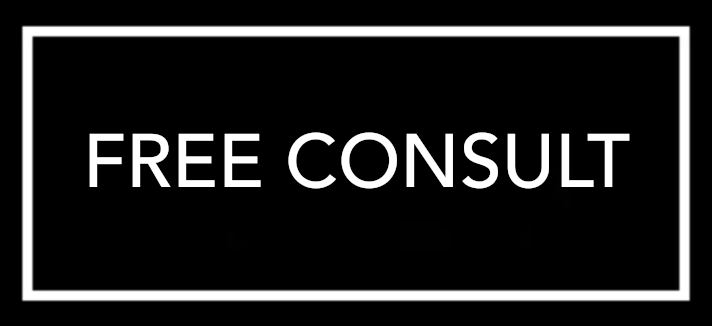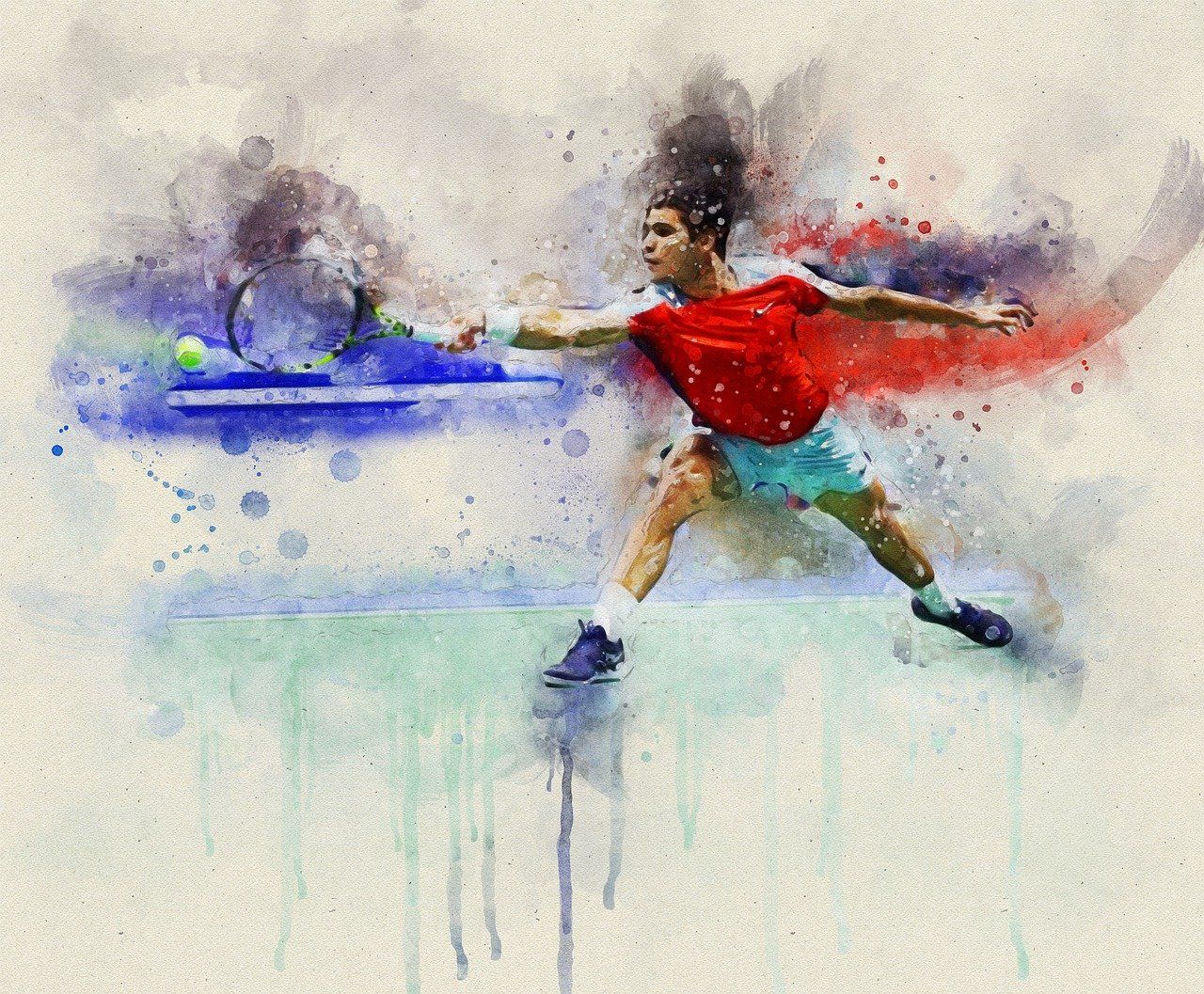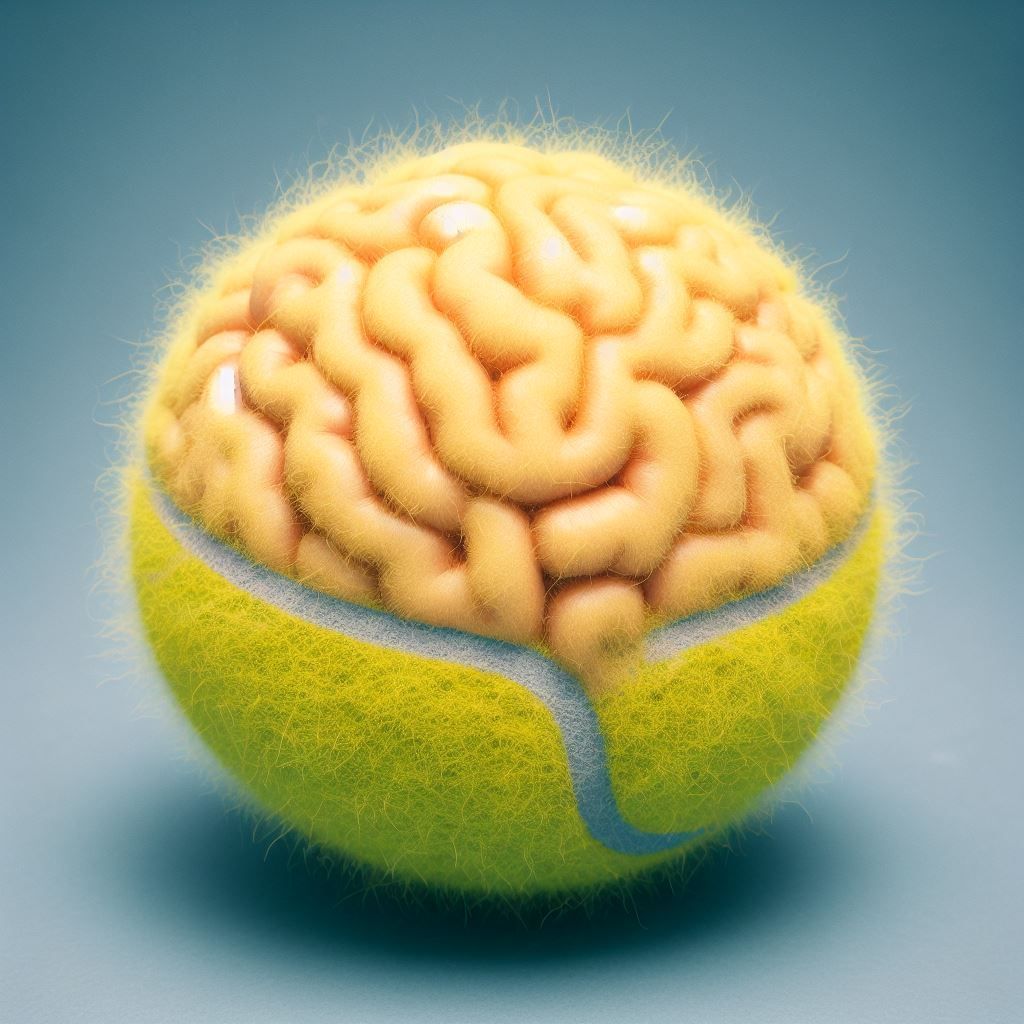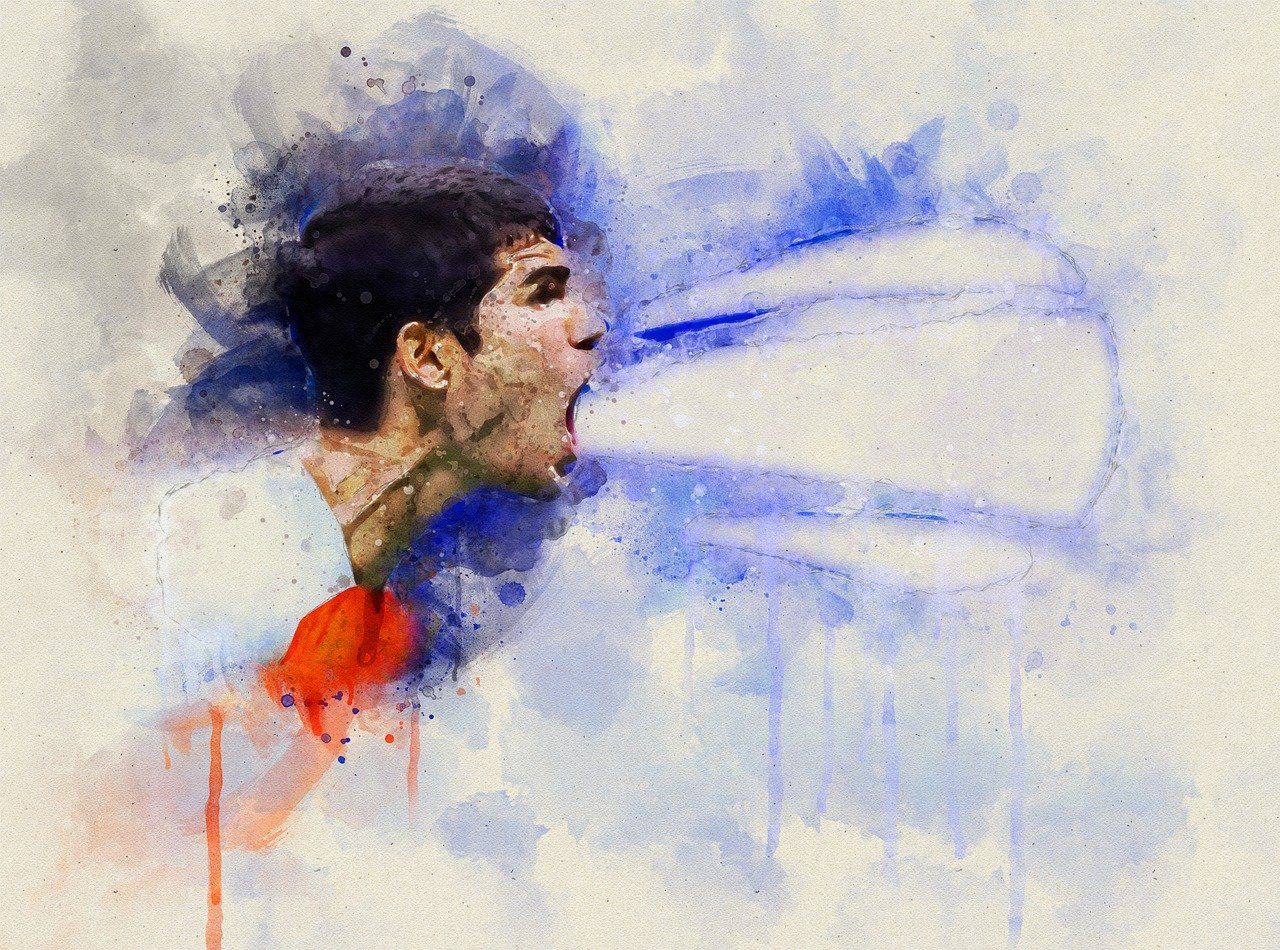In addition to hypnosis, many tennis players also work with mental toughness coaches who help them develop resilience skills that enable them to stay focused during matches and deal with distractions, such as crowd noise or unexpected events on and around the court.
Top ATP Tour player Carlos Alcaraz gets emotional regulation and resilience training so he can stay “in the present.”
Alcaraz, at 19 years old in 2022, was the youngest man in history to be world number one and his ascent was the fastest of anyone. Legends of tennis fly in to watch him play. Despite his youth, he has already shown an impressive level of tenacity and resilience on the court. His ability to bounce back from every missed serve or hit is something that every aspiring tennis player can work to emulate.
Would you want to have at least the same tenacity as Carlos Alcaraz even if your skill level will never match his?
Tennis is a game of ups and downs. One moment you're hitting every shot perfectly and the next you're struggling to even make contact. It's easy to get frustrated and lose focus when things aren't going your way. It's important to remember that even the best players in the world miss shots…every single game.
The key to success in tennis is not avoiding mistakes altogether but rather learning how to recover quickly from them. This is where Carlos Alcaraz shines. He has an incredible ability to put his mistakes behind him and move on to the next point without hanging on to what just happened.
Winning ≠ Winning Attitude
In an interview with Vogue Magazine… “I had a bad period after I won the US Open. That sounds like I’m making it up, but…well, I enjoyed that moment a lot. But the truth is, when I had to go back into competition, there was a point when I went: ‘Stress!’ You know?” I think what happened was, when I saw that I’d achieved what I’d dreamed of since I was a little kid, unconsciously that aspiration dimmed a bit. And that was hard… I thought, Where do I go now?” Alcaraz revealed he has worked with psychologist Isabel Balaguer…
She’s helped me a lot. I was a bit all over the place. I didn’t control my emotions well, I got really pissed off. When I was 15 or 16, I threw my racket around quite a bit, or I’d break one, and that put my game at risk. So, I knew I had to improve in that respect. Thanks to Isabel I’ve gotten much better. Feeling calm during such a demanding year is essential. And from my point of view, it’s crucial to go out onto the court smiling, feeling happy. That helps you mentally. For me, it’s everything.
A Fighting Spirit
One of the ways that Carlos Alcaraz bounces back from every missed serve or hit is by having a short memory. He doesn't dwell on his mistakes or beat himself up over them. Instead, he focuses on what he needs to do differently in order to improve his game moving forward.
Alcaraz comes back from mistakes by staying positive and confident throughout the match. Even when he misses a few shots, he knows that there are many more opportunities to turn the momentum back in his favor.
Bounce Back with a Ritual
In addition to having a short memory and staying positive, Alcaraz also has a ritual that helps him get back on track every time he makes a mistake. This ritual is something that he can depend on to help him refocus and regain his confidence.
For example, Alcaraz might check with his coaches, takes a couple breaths, bounces, twirls his racquet, bounces the ball exactly five times before he serves, visualizes himself hitting the perfect shot before serving again. By having a consistent ritual that he can rely on, he is able to quickly get back into the right mindset and continue playing at his best.
Working with a hypnotherapist for your tennis game will help you develop and lock in these subconscious rituals so you too can bounce back quickly.
Rebound in 25 Minutes or Less
Another impressive aspect of Carlos Alcaraz's mental game is his ability to rebound in under a half hour. Losing a match can be devastating for many players, especially if they were favored to win or had high expectations for themselves. Alcaraz uses losses as motivation to work harder and improve his game even further. He knows that every loss is just another step towards becoming the best player that he can be.
After losing in the Miami Open semi-finals to Italian Jannik Sinner, the Spaniard was interviewed saying:












